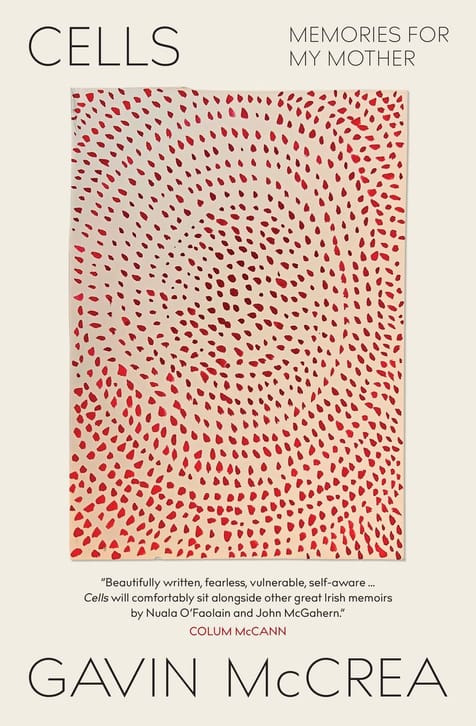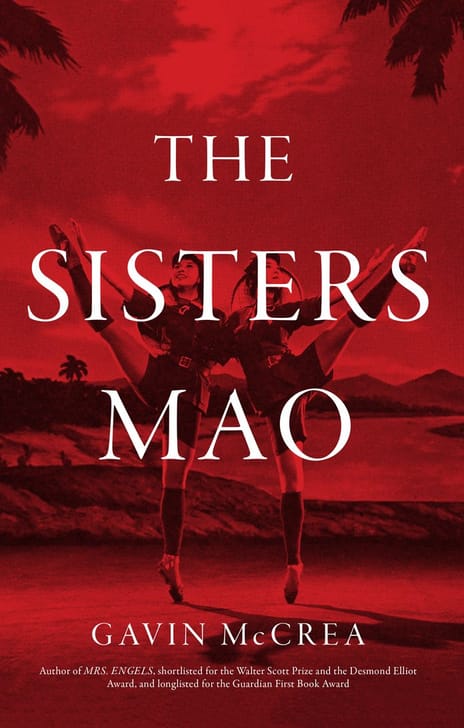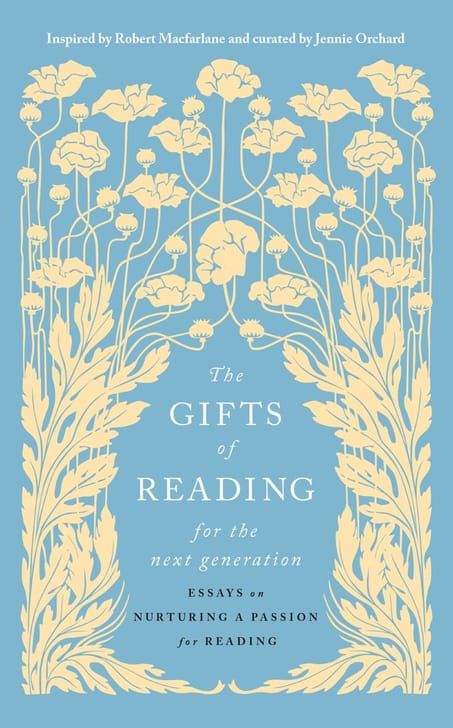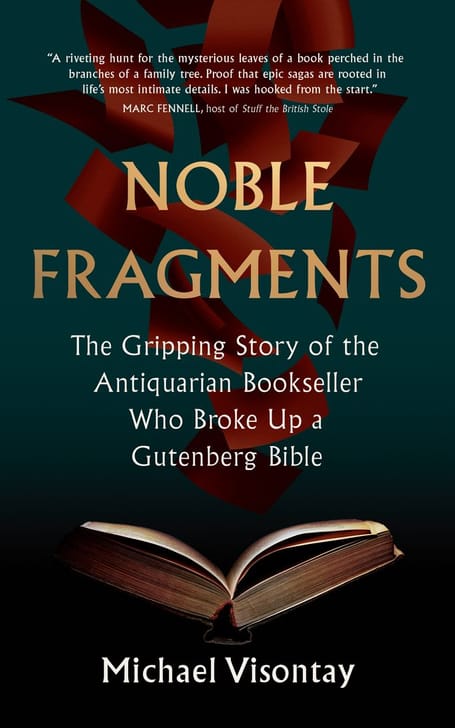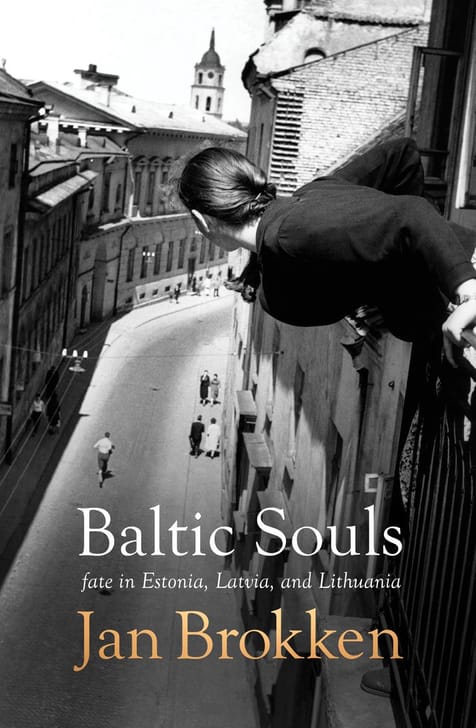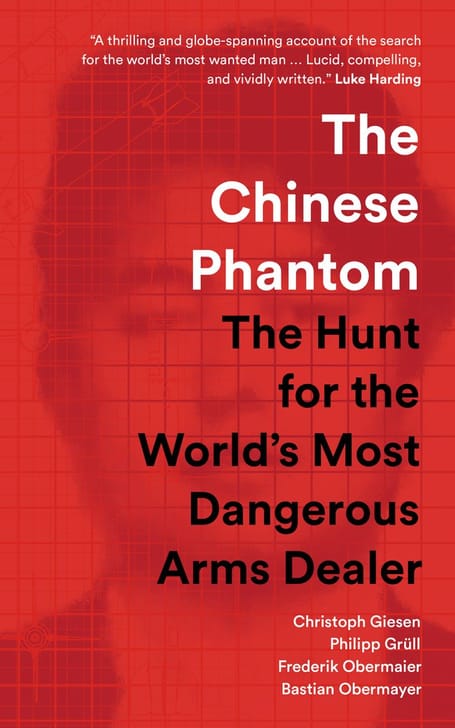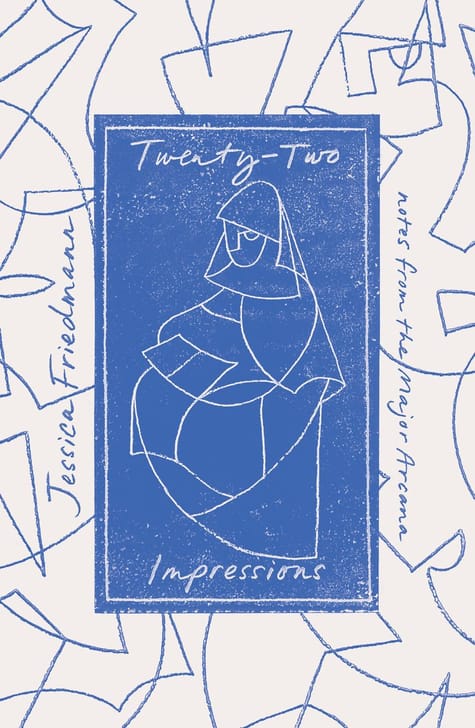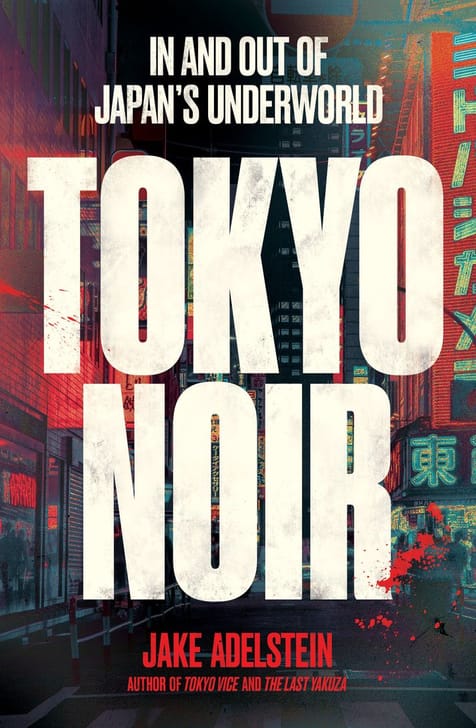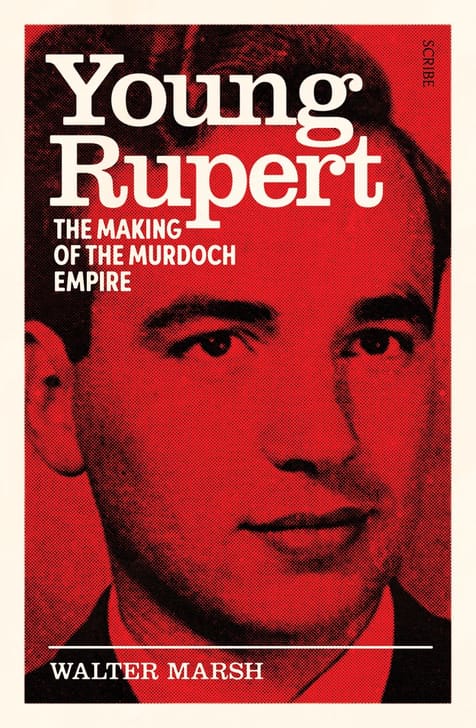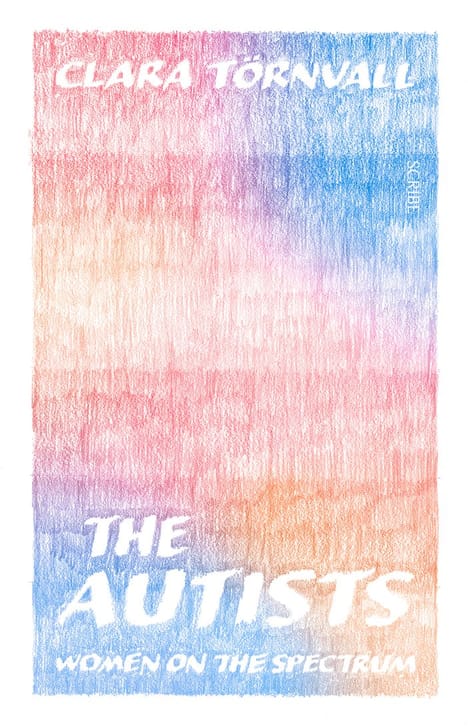Cells:
Memories for My Mother
Overview
‘Are you going into town today?’ she says, which annoys me because it’s something she says all the time, having forgotten she said it before, and I say, ‘Jesus, Mum, not this again,’ and she says, ‘What again?’ and I say, ‘Town is shut down,’ and while she can see I am upset and wants not to upset me like this, she is also wounded by my tone, and I am ashamed then and can only look at my plate, and I decide not to bring up what I intended to bring up, about the past, and about my need for her to apologise for it.
Gavin is spending the quarantine in a small flat in south Dublin with his eighty-year-old mother, whose mind is slowly slipping away. He has lived most of his adult life abroad and has returned home to care for her and to write a novel. But he finds that all he can write about is her.
Moving through a sequence of remembered rooms—the ‘cells’—Gavin unspools an intimate story of his upbringing and early adulthood: feeling out of place in the insular suburb in which he grew up, the homophobic bullying he suffered at school, his brother’s mental illness and drug addiction, his father’s sudden death, his own devastating diagnosis, his struggles and triumphs as a writer, and above all, always, his relationship with his mother. Her brightness shines a light over his childhood, but her betrayal of his teenage self leads to years of resentment and disconnection. Now, he must find a way to reconcile with her, before it is too late.
Written with unusual frankness and urgency, Cells is at once an uncovering of filial love and its limits, and a coming to terms with separation and loss.
Details
- Format
- Size
- Extent
- ISBN
- RRP
- Pub date
- Rights held
- Paperback
- 6in x 9in
- 336 pages
- 9781957363349
- USD$20.00
- 6 June 2023
- World English
Categories
Awards
- Longlisted for the 2023 The Polari Prize
Praise
“In this exceptional memoir, McCrea (Mrs. Engels) unflinchingly untangles his family’s history and its effects on his adult self … a powerful and complicated reckoning with the ghosts of family dysfunction. This one isn’t easy to shake.”
“In its ungarnished prose and loud inner voice, Cells stitches raw memories with new meanings to craft a brilliant composite of a son’s unexamined relationship with his mother. The memoir pairs McCrea’s unspoken shame with his private sanctums to show how it’s these cells—physical or fantastical—where we sometimes finally find the words to speak.”
About the Author
Gavin McCrea is the author of two critically acclaimed novels, Mrs Engels (2015) and The Sisters Mao (2021), both published by Scribe. His articles have appeared in The Paris Review, The Guardian, The Irish Times, Catapult, and LitHub.
